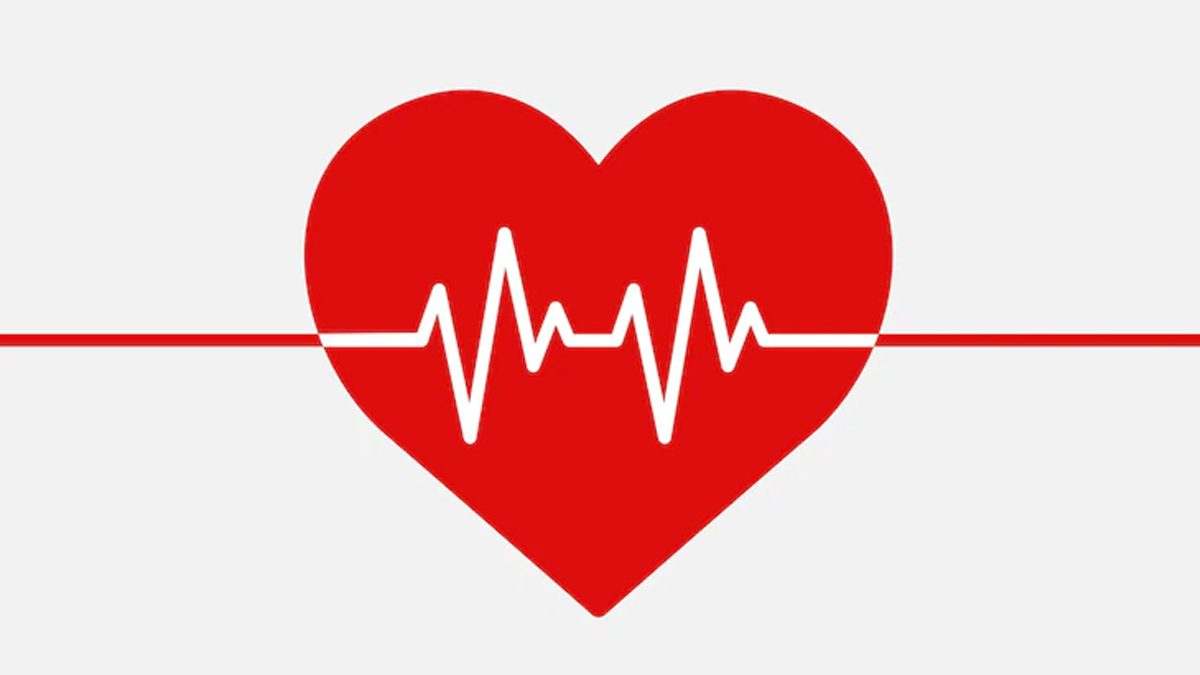
An individual's overall well-being is intricately linked to their heart health, with maintaining healthy blood pressure being one of the most critical aspects for effective management. When your blood pressure falls within a recommended healthy range, which is around 120/80 mmHg, it signifies that your heart is efficiently pumping blood and ensuring that oxygen and essential nutrients are delivered to all parts of your body.
“On the contrary, an unmanaged blood pressure can lead to various issues like blood clots or organ failure. Shockingly, according to the World Health Organisation, only 12% of the Indian population have their blood pressure under their control, emerging as a primary contributor to cardiovascular diseases in India,” said Dr Anu Prabha, Research Scientist and Product Manager, Human Genomics, HaystackAnalytics.

Also read: From Muscle Building To Heart Health, Here Are The Health Benefits Of Dual Plant Protein
“The two numbers in a blood pressure reading, namely, systolic and diastolic, provide insight into different aspects of your heart's function. The systolic pressure (the higher number) measures the force of the blood against the artery walls, whereas the diastolic pressure (the lower number) indicates the pressure in your arteries when the heart is at rest between beats, allowing it to refill with blood for the next contraction,” Dr Prabha added.

What Is Low Diastolic Blood Pressure
"A healthy diastolic blood pressure can be impacted by certain lifestyle choices like unhealthy diet, sedentary lifestyle, stress, smoking and consumption of tobacco and excessive alcohol. Among these factors, smoking has the most significant impact on heart health, outweighing the influence of other mentioned factors," Dr Prabha sais, adding, it is important to note that consistent high diastolic blood pressure can strain the heart and blood vessels which can potentially lead to serious health issues including:
Organ Damage
High diastolic blood pressure can put excessive strain on the heart, which can lead to thickening of heart muscles over time. The increased pressure damages blood vessels, making them more prone to blockages or ruptures, disrupting blood flow to the heart or brain. It can lead to clot formation in the organs, potentially leading to organ damage.
Heart Disease
Unmanaged diastolic affects the heart functioning which can impact the blood flow in the human body. This prolonged strain can contribute to the development of coronary artery disease, reducing the heart's ability to pump blood efficiently, leading to heart failure or stroke.

Kidney Damage
The kidneys' delicate blood vessels suffer under the strain of persistent hypertension, potentially leading to impaired kidney function, chronic kidney disease, or eventual kidney failure. It is advised to opt for regular monitoring for timely medical intervention.
Also read: How Much Olive Oil Is Good For Your Heart Health
To mitigate the risks, individuals can opt for certain lifestyle changes like incorporating a balanced and nutritious diet in their daily routine, which is rich in protein, vitamins, minerals, and minimise the consumption of processed foods and alternatives as per their DNA blueprint which will help them understand their body in a more efficient way. Also, it is advisable to limit consumption of alcoholic beverages and toxins, as it can increase the risk of unmanaged blood pressure and negatively impact your overall well-being. Individuals are advised to incorporate exercise in your daily routine and aim for at least 150 minutes of moderate- intensity exercise per week. This not only helps in managing blood pressure and your overall cardiovascular health, but also helps in maintaining healthy weight and managing stress levels as per your genetics.
Unmanaged diastolic blood pressure can adversely affect organs, arteries and overall well-being. However, it can be managed by mindful dietary choices, regular physical activity and stress management. By cultivating a lifestyle that prioritises your heart health, individuals can maintain overall well-being and enhance their immunity system more effectively and efficiently.
Genomic assessments can help individuals understand their genetic predispositions to heart disorders from a very young age. This can help them understand what lifestyle, nutrition or fitness will be more suitable for them to delay the onset of heart diseases. Prevention measures with genetic insights can help them take control of their health for longer and better quality of life.
Also watch this video
How we keep this article up to date:
We work with experts and keep a close eye on the latest in health and wellness. Whenever there is a new research or helpful information, we update our articles with accurate and useful advice.
Current Version